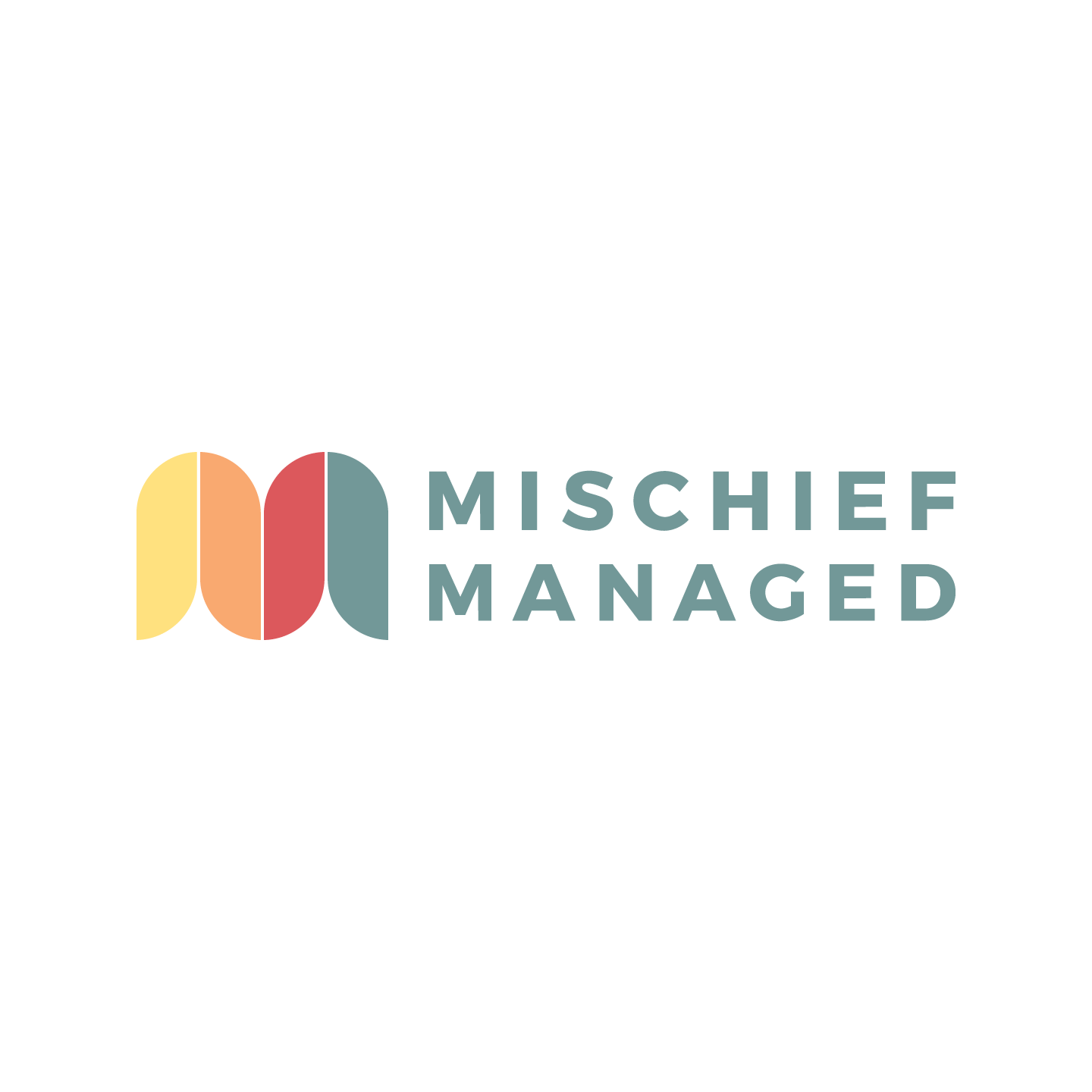NAME: Brandon Jordan Brown
INDUSTRY: Writing and Poetry
LOCATION: LOS ANGELES, CALIFORNIA
KAT: When you feel like giving up on your art what keeps you going?
BRANDON: I think the answer to this question changes, based on a lot of different factors––creative blocks, depression, busyness, etc.––but I do know a few things that I try to balance that offer me a lot of help:
+ Being around other writers // few things are more encouraging and challenging than spending time with other people who also have a love for your preferred medium/genre. For me, talking with other poets, learning who they're reading, hearing them complain about how hard things are, finding out where they're getting published––it all helps me get more excited to write. And, it can also add a healthy dose of "competition," in the sense that watching any other person succeed at something you also hope to excel at gives you a gentle reminder that, at the end of the day, art takes a lot of dedication and discipline.
+ Living life // I've found out, and continue to find out (the hard way), how important it is to learn some sort of balance between writing poetry and experiencing life––the mundane, the profound, all of it. I have the tendency to lean toward extremity, so in moments of imbalance, I find myself attacking art in intense bursts, then crashing and burning for a bit. It's been incredibly beneficial for me to set up a loose schedule for writing and editing my poetry so I can approach it as a much more sustainable endeavor.
I think a good balance of these two elements––diving down and coming up for air––create a more consistent artist.
KAT: Who inspires you?
BRANDON: There are a ton of incredible poets who I really look to for inspiration––Maurice Manning, Carrie Fountain, Philip Levine, to name a few off the top of my head. I am drawn to a number of things about the writers I love: their style, their subject matter, their speech. Finding "your people" is such a gift as an artist, and I highly recommend it. Other than that, I can point straight back to the people and places that raised me. Growing up in the South, I find myself in a unique literary tradition with a really powerful set of shared vocabulary, ruminations, and even critiques. The longer I write, and the more I'm away, the more I have leaned into those people and places to explore what feels most authentic to me for my work.
I also have a master's degree in theology, so I find my poetry tends to abide in a space that often focuses on the same sort of "business" of theology and other related disciplines––Who are we? What is our condition as humans? Where are we headed? How has that been influenced by where we've been?
KAT: What is one learning moment that you hope others don't have to experience?
BRANDON: I really don't think I have an answer to that. For each "negative" idea that I can come up with, my mind immediately tells me that it was somehow important. Rejection is important. Burnout is important. I think these things can be our teachers. The most crucial part, perhaps, is listening and reevaluating when we are met with something difficult so we can move forward. I've felt like I've been on the brink of giving up poetry many times in my low moments, but, like I mentioned earlier, the encouragement of friends and fellow writers and allowing myself to recalibrate my perspective were absolute lifesavers. Poetry, like other artistic pursuits, is a long game. I am constantly reminding myself that I don't have to achieve everything I hope to all at once. We need to remember that we won't say everything that needs said in one instance.
KAT: How do you stay organized as a freelance artist?
BRANDON: Well, I've stepped out of full-time freelance work for the time being to take a writing gig I couldn't refuse, but I still hold on to some freelance work on the side, and having a full-time job and carving out a lane as a poet takes intentionality to make it work. Use a calendar. There are always deadlines, and whether they are related to a client or a contest, you don't want to miss them. I try to calendar any and all deadlines and set alerts for the ones that are especially important. Additionally, I use an invoicing software to keep track of payments, because if you don't do it, no one will.
When it comes to poetry, I have a Dropbox folder with all my work in it, finished or in progress. Each piece has its own folder because each time I edit a poem, I save it as a brand new draft. Doing so helps me see how a piece has developed, and if I ever wanted to retrace my steps, I could easily do it. I also use Duotrope to track submissions, which is very helpful.
KAT: What has been the biggest win for you so far?
BRANDON: Back in 2014, I was selected as a PEN Center USA Emerging Voices Fellow in poetry. This absolutely was a milestone in my artistic development. Besides all the benefits it offered––workshops, courses, readings, connections, etc.––it offered me validation, which is something we all need. It feels good to know that what you are doing is landing somewhere with some degree of success. That isn't to say that the only true marker of success is positive reception (we have enough examples of people who weren't appreciated in their lifetime), but if it is a goal of yours to put your work into the world, it certainly is food for the journey.


